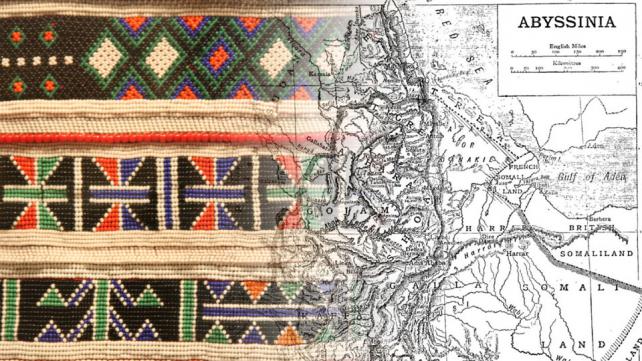
A Notable Muslim African Woman
If you're looking for an important Muslim African woman to talk about during Black History month, look no further than the Seerah of the Prophet Muhammad (peace and blessings be upon him) , and the woman he described as his "mother after my own mother. She is the rest of my family."
Barakah or Umm Ayman was the name of the woman whom the noble Prophet esteemed so highly. She was the first person to hold him in her arms when he was born and the only person who knew him from that point until his death. She was one of the few Muslims who the Prophet assured of a place in Paradise.
"Be a mother to him, Barakah. And don't ever leave him," Amina instructed her about her son as she lay dying.
Umm Ayman did not fail in her responsibility.
Her beginnings were more than humble. In her youth, the Abyssinian girl was put up for sale in Makkah as a slave. In pre-Islamic Arabia, slavery was no shame, and slaves were treated like animals.
But Barakah was blessed to be treated with kindness.
She was bought by a noble and gentle man: Abdullah, the son of Abdul Muttalib. The father of the Prophet.
Barakah not only took care of Abdullah's affairs as a servant in his home, but after he married the Prophet's mother, she looked after Amina as well.
It was Umm Ayman who slept at the foot of Amina's bed and comforted her when, only two weeks after her wedding, her husband was instructed to leave for that journey to Syria, after which he never came back. It was Umm Ayman who took care of Amina during her pregnancy.
It was Umm Ayman who gave Amina the news of her husband's death at Yathrib (her son, too, would one day be buried there), what was later to be known as Madinah.
As the Prophet faced tragedy upon tragedy, Umm Ayman was there for him. From the time when his mother died when he was six, to when his grandfather Abdul Muttalib died when he was eight, Umm Ayman stayed with the Prophet.
It was only after the Prophet married Khadija (may Allah be pleased with her) that she married, and that too, on their insistence.
She married Ubayd ibn Zayd from the Khazraj tribe of Yathrib and they had a son named Ayman, thus her name Umm Ayman.
When the Prophet received the prophethood, Umm Ayman was among the first Muslims, and like the others, bravely faced the punishments of the Quraish for those who dared to believe in La ilaha illa Allah Muhammadur Rasool ullah.
She and Zayd ibn Harithah, another companion who lived in the Prophet's household, put their lives on the line to find out about the plots and conspiracies of the pagan Makkans against the Prophet and the Muslims.
During the Battle of Uhud she gave out water to the thirsty soldiers and took care of the wounded. She accompanied the Prophet on some expeditions.
She tied her well-being to that of Islam. During a visit from the Prophet, he asked: "Ya Ummi! Are you well?" and she would reply: "I am well, O Messenger of Allah so long as Islam is."
Umm Ayman's husband died not very long after their marriage. When she was in about her 50s, the Prophet, when speaking to his companions said, "Should one of you desire to marry a woman from the people of Paradise, let him marry Umm Ayman."
It was Zayd who stepped forward and agreed to marry her. They had a son named Usamah who was described as "the beloved son of the beloved." In other words, the Prophet loved both he and his father.
One example of Umm Ayman's dedication to Islam and the Prophet was when she trekked across the burning desert through sandstorms on foot from Makkah to Madinah to join the Prophet. Despite the harshness of the journey though, she persisted, and was given good news when she reached her destination.
When she got to Madinah, swollen feet, dust-covered face and all, the Prophet said to her,
"Ya Umm Ayman! Ya Ummi! (O Umm Ayman! O my mother!) Indeed for you is a place in Paradise!"
She became a widow again, after Zayd was killed during the Battle of Mutah in Syria. She also lived to see her son's martyrdom at the Battle of Hunayn.
Ayman lived to see her other "son" die as well: the Prophet. But it was not for him she cried. When asked, she said, "By Allah, I knew that the Messenger of Allah would die but I cry now because the revelation from on high has come to an end for us."
Umm Ayman died when Uthman (may Allah be pleased with him) was Khalifa.

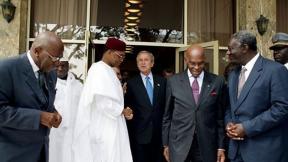
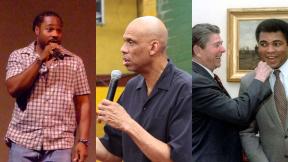
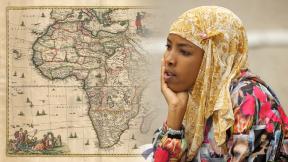
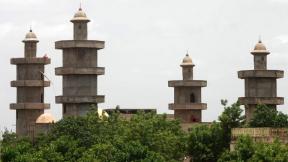
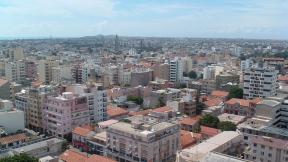


Comments
human doctor
Very touching and a story of human motherhood.It should be added
into Friday khutaba.
Location
بارك اللّٰه فيكم
بارك اللّٰه فيكم
Very touching story.
Very touching story.
Location
alhumdillah it is a story every muslim should know it is sad that so many muslims are racist
Location
Pages
Add new comment